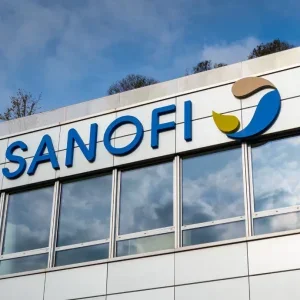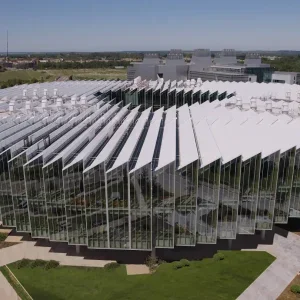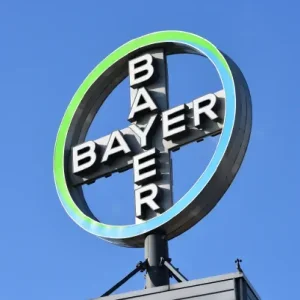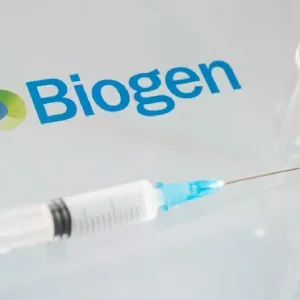
Imugene has announced promising results from its Phase 1b trial of azer-cel, an investigational allogeneic CAR T-cell therapy for patients with relapsed or refractory diffuse large B-cell lymphoma (DLBCL).
According to the company, six out of the total seven patients have achieved complete remission, marking a 55% complete response rate. Three patients have shown a partial response, with an overall response rate of 75%, said the company.
The treatment includes a combination of azer-cel and interleukin 2 (IL-2).
Imugene managing director and CEO Leslie Chong said: “We are very pleased with the continued positive data coming from the azer-cel trial, which further reinforces its potential as a treatment for DLBCL patients who have failed several previous lines of therapy.
“The data also significantly improves our position from both a regulatory and commercial standpoint, and we look forward to expanding on these discussions with the FDA.
‘Additionally, given the positive results, we are opening the trial to other niche blood cancer indications, such as primary central nervous system lymphoma (PCNSL) and other subtypes of B Cell Lymphoma, for CAR T naïve patients. This is a high unmet need with potential to expedite and expand the scope of azer-cel.”
The trial is conducted across multiple centres in the US and Australia and initially focused on CAR T-relapsed patients with DLBCL. It has now been expanded to include CAR T-naïve patients with various types of Non-Hodgkin lymphomas.
The azer-cel therapy aims to overcome challenges associated with autologous CAR T-cell treatments, such as geographic limitations and manufacturing complexities.
The US Food and Drug Administration (FDA) awarded fast track designation to azer-cel in March 2025, recognising its potential to address unmet medical needs in treating serious conditions. This designation facilitates more frequent FDA meetings and offers possibilities for accelerated review processes.
Imugene plans to request a Type B meeting with the FDA in Q4 2025 to discuss data from the trial and consider designs for a pivotal trial.
Currently enrolling participants at 10 US sites and planning up to six sites in Australia, the trial marked its first Australian complete response in January 2025 at Royal Prince Alfred Hospital in Sydney.






